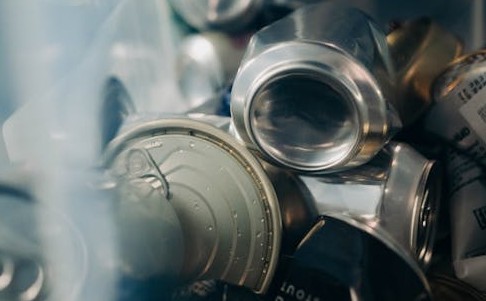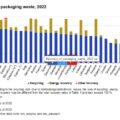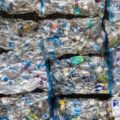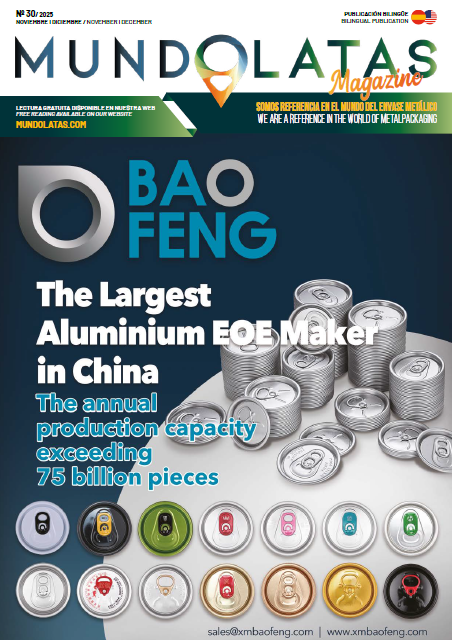According to the DBK Sectoral Observatory of INFORMA —a reference and analysis platform that offers detailed information on different economic sectors in Spain and Portugal and a subsidiary of Cesce— the volume of recycled waste has experienced a positive trend in recent years, in a context where the proportion of materials destined for reuse has increased.
In 2024, the production of recycled waste reached approximately 21.6 million tons, encompassing metal, paper and cardboard, wood, glass, and plastic waste, representing an increase of 2.4% compared to the previous year. Additionally, the income generated from the sale of this waste amounted to 4,850 million euros.
The recycling of metal waste represents more than 60% of the total recycled volume, followed by paper and cardboard recycling, which constitutes slightly more than 20%. The rest is distributed among wood, glass, and plastic waste.
The margins of companies in the sector experienced a slight improvement in 2023, in a context characterized by a decrease in prices and procurement costs. The average operating margin of the top 46 companies in the sector was 5.4% in 2023. Regarding return on investment (ROI), it stood at 10.4%, while return on equity (ROE) reached 14.0%.
In the sector, there are around 350 companies dedicated to waste recycling, which manage about 400 plants, including facilities for recycling metals, paper and cardboard, wood, glass, plastic, as well as electrical and electronic appliances. Most of these companies are small-scale and specialize in recycling a single type of material, although there are also some large operators. The sector is dominated by Spanish private capital, although there are participations from larger groups in other sectors, such as construction or the paper industry.













